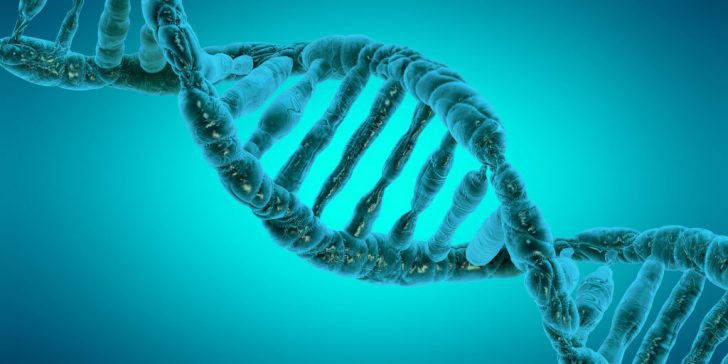Epigenetics is the study of how our genes can change throughout our lives without altering the DNA sequence itself. Imagine your genes as the blueprint of a house. Epigenetics is like interior design: Things change, adapt, and shift, making each room unique over time. But rather than paints or furniture, epigenetics works through molecular tags that can switch genes on or off.
These changes happen because of different factors, like diet, stress, and even the air we breathe. Throughout our lives, these molecular tags respond to our environment and life stages, changing how our bodies grow, mature, and age.
These changes can have lasting effects on our health and well-being. The study of epigenetics gives us insight into how our bodies adapt through different phases of life, from birth to puberty to aging.
Epigenetics at Birth
At birth, a baby’s genetic map is ready to unfold. But it is not set in stone. Epigenetics plays a big role from day one, as the environment in the womb has already impacted the baby’s development. Factors like a mother’s diet, stress levels, and even exposure to pollutants can leave epigenetic marks on the baby’s genes.
Thus, these changes may affect the newborn’s metabolism, immune system, and overall health for years to come.

Science / Epigenetics doesn’t change the actual DNA sequence. Instead, it affects how genes are expressed, determining which ones stay active and which ones stay silent.
Thus, at this stage, it helps set the foundation for growth, adjusting gene expression to help the baby adapt to life outside the womb.
Childhood Growth
As children grow, epigenetics acts as a master controller, shaping development to match the needs of each life stage. During childhood, genes responsible for growth, learning, and energy regulation become particularly active.
The experiences a child goes through – from learning to walk to exploring the world – influence which genes get switched on or off. This process is critical in defining not only physical growth but also cognitive development. For instance, a child exposed to positive, stimulating environments may have epigenetic changes that encourage better learning and social skills.
Puberty and the Body’s Transformation
Perhaps puberty is one of the most intense periods of transformation in a person’s life, and epigenetics is at the center of this process. Hormonal changes kickstart a host of epigenetic modifications that affect everything from physical appearance to mood and social behavior.
For example, genes that control growth spurts and reproductive development become highly active, while other genes might adjust to support emotional and cognitive shifts. These epigenetic changes are part of why puberty is such a distinct and challenging time for many adolescents.
Adulthood
As we settle into adulthood, epigenetics doesn’t stop working. It simply shifts focus. Instead of guiding rapid growth, epigenetic processes in adulthood focus on maintaining balance and protecting health. The genes that support metabolism, immune function, and cellular repair become more active, while growth-related genes quiet down.

Leos / Pexels / Epigenetics helps the body respond to lifestyle choices and environmental factors, adapting gene expression to support well-being.
For example, a balanced diet and regular exercise can promote healthy epigenetic patterns that may reduce the risk of chronic illnesses.
Aging and Menopause
In older age, particularly during menopause, epigenetics undergoes significant changes. Menopause is marked by a decline in reproductive hormones, triggering shifts in epigenetic markers. Genes associated with reproductive functions slow down, while others related to aging and cellular repair become more prominent.
Thus, this phase can affect metabolism, bone density, and cognitive function, as epigenetic changes adjust the body to new needs. For women, the changes in estrogen levels can leave marks that affect everything from heart health to skin elasticity.







